Businessmen have been approaching Tavea Island fisherman Nacanieli Koroga about fishing places where kawakawa and donu breed. By targeting those sites, it’s easy to get a lot of fish, fast, especially for high-value international markets.
But Koroga knows better.
“Tavea was well known as one of the islands that had a lot of kawakawa and donu, but not anymore. Our reefs were heavily overfished. Now there is just a small reef that only a few of us know, which is quite far away. But we don’t want to tell anyone because it might be targeted,” Koroga said.
Koroga is one of the growing number of fishermen who has taken the 4FJ Pledge not to eat, buy or sell kawakawa and donu during its peak breading season, June through September. 4FJ campaign (short for For Fiji) already has recruited more than 1,000 people from all walks of life to pledge to do the same, supporting Koroga and other fishermen in Fiji by reducing the demand for the fish at the markets.
Kawakawa and donu, commonly called grouper, are particularly vulnerable to overfishing because they gather each year in large numbers, in the same locations. By reducing fishing during the breeding season, or what scientists call the spawning season, it begins to help the fish recover, as they can safely release their eggs each year. That way, people can then eat more of them the rest of the year.
Scott Radway, executive director of SeaWeb Asia Pacific, which designed the 4FJ campaign, said deserved a lot of praise for making the hard choice of refusing short-term income to ensure his community would always these fish.
“There are not as many income opportunities in the village, so it says a lot that Koroga is willing to take this pledge,” said Scott Radway, executive director of SeaWeb Asia Pacific, which designed the 4FJ campaign. “It also means a lot that people from all over Fiji continue to take the pledge with him. Fishermen are on the front lines in this effort and it helps them to know that people from all over Fiji are behind them.”
For Koroga, he is definitely up for the challenge.
“I’ve been asked me to lead the fishermen as I know this fishing ground pretty well. But if we are to start during the breeding times for kawakawa and donu, I will lead them away from the sites as I know where they are,” he said, with a mischievous grin. “I don’t want them taken away before they release their eggs because I now know how it will affect our livelihood.”
Koroga said he accompanied a Fiji Fisheries Department research team in 2004 that travelled around Vanua Levu looking for sites that had a lot of kawakawa and donu. Tavea was identified to be one of the sites that met those criteria. Back then it was an easy source of income, and close to the village. Koroga said when they first started fishing the site fishermen would haul in about 80kg to 100kg a day.
“At that time, it would only take us about two hours to bring in our catch of kawakawa and donu from nearby reefs. As time went on we had to go further out but now we have to go out much further than that,” he said. “Our fishery is still trying to recover and still far from how it was before.”
Fellow fishermen Oliva Malata, echoes the same sentiments, saying the trade of the fish internationally really hurt. The trade, called the Live Reef Food Fish Trade, primarily is driven by demand in Hong Kong and Mainland China, where these fish fetch a high price, particularly if they can be provided live for customers to pick.
“The live fish trade started in 1999 and was on and off until 2008. It really affected the number of donu and kawakawa. But now we have poachers all the way from Labasa, too. They are now targeting our spawning sites which a bit further away from the village and just fish them all out,” said Malata. “We have seen the decline in its numbers and sizes compared to what we used to have 10 years ago.”
To join Koroga in his pledge, visit www.4fj.org.fj or the SeaWeb Asia Pacific office at 49 Gladstone Rd. in Suva.

